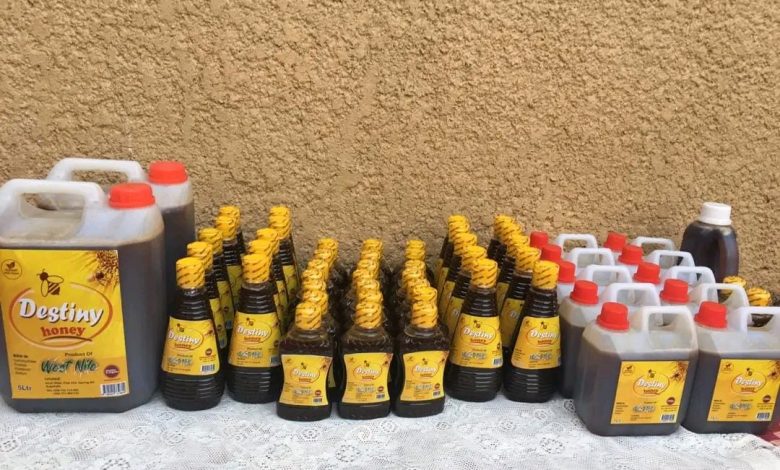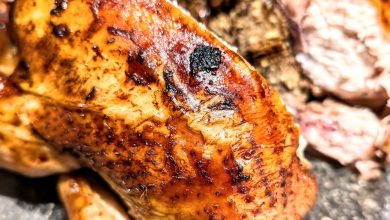
Lockdown blues gave birth to Ariye’s honey business
When the coronavirus pandemic and its effects like the lockdown hit the world, it left no tenet of life untouched.
This was the same story with 32 year old Destine Ariye who lost her job during the pandemic in 2020.
It was a time of despair as she struggled to live for the next day but one thing she had in plenty was honey sent to her by her grandmother from the village in Nebbi district.
“Whereas I had enough honey at home, I didn’t have money to cater for my needs like rent and food. This puzzled me,” Ariye says.
She says that having realized that the only way out was with the honey she could not eat, she decided to sell it.
“I approached my neighbours to buy my honey and before I knew it, they were asking for more. In a few days, I had sold all the honey I had with me,” Ariye says.
This state of affairs was an eye opener to Ariye who now had no job but had to fend for herself.
“I called my grandmother in the village to see if she could supply more honey but unfortunately she didn’t have enough so I had to source it from elsewhere.”
She explains that since her mother had bee hives, it presented an opportunity for her to venture into honey business since she was assured of supply.
“Having sold the five litres I had, I raised money and added the little savings that I had and decided to invest in this business since it was now a source of income. I bought four jerry cans for Shs1.4 million that could kick start my new business,” she says. This marked the birth of Destiny Honey.
Ariye says that whereas she was able to get the honey, transporting it from Nebbi to Kampala during the lockdown when public transport had been banned was another tall order.
However, against all odds, she hired a cargo truck that transported her honey to Kampala.
“I injected in a lot of money but I thank God that I recovered it because that time honey was a hot cake. Remember, health workers had advised people to take honey frequently to build immunity against Covid 19,” she says.
She says that the beginning was not easy since she didn’t have knowledge about honey and on many occasions, she made losses due to her naivety.
“I had to learn on the job and this became easier when I started moving myself out to the field to get the honey. I realized I could avoid losses by sourcing for pure honey than adulterated one that was being supplied to me by some of the suppliers,” Ariye says.
She explains that she later leant that the honey could fetch more money by packing it in well labeled containers.
“To expand my business I started telling my relatives and friends about my honey and requested them to tell the people they knew. I also made use of social media. This boosted my sales. When the lockdown was lifted, things were now easier for me to move around Kampala to sell my honey,”Ariye says.
She notes that this way, her business continued to grow to the level it is currently.
“Whereas I am not where I want to be, I am somewhere. With the shs300,000 that I make as profits monthly, I can ably fend for my family,” she says.
Challenges
Just like any other business, Ariye says things have not been easy.
“I don’t have enough capital but also since my company is still young, the customers are still few. I haven’t been able to penetrate the honey market where there are big boys,” she says.
Future
Going forward, Ariye says that in the next few years, she hopes to grow her business but also fully register her company.
“I see myself growing and buying equipment. I want to have a factory and register my company fully,” she says.
Ariye also has a piece of advice for the youths.
“You have to be innovative but above all, learn how to create jobs for yourselves. No one will ever give you jobs. Start your own. Don’t undermine jobs. Start small and later grow big,” she says.



